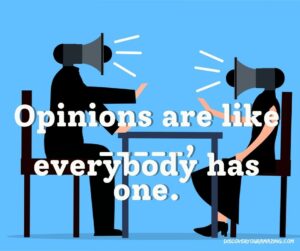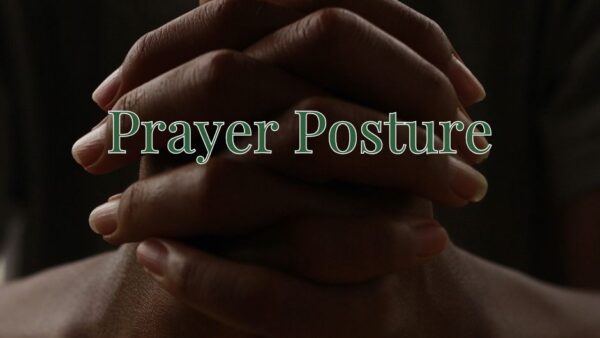I’m sure there are variations on the saying I subtly referenced in the headline.
You get to fill in the blank yourself.
No matter what word you choose, you will actually be proving the point—you even have an opinion about how to fill in a blank!
Here’s a confession: I have LOTS of opinions.
That’s why I write every week as a blogger/newspaper columnist. I’m not an investigative journalist writing articles to educate and inform. I’m writing my opinion and observations about life with the goal of encouraging and inspiring.
Some of my opinions are based on my understanding of objective facts and historically verifiable events, but I don’t objectively report on those things.
I reflect on those things.
I try to interpret those things, but I do so through my own lenses and personal biases.
Here’s my point: I know what my lane is.
For me to attempt to pass off my opinions as objective truth would be disingenuous at best and potentially dangerous.
The list of topics on which I could be considered an authoritative expert is extremely short.
The list of topics on which my experience allows me to offer a helpful and encouraging perspective is a little longer, but it’s still a short list.
Because of the above reasons, choosing to stay in my lane means that I feel no compulsion whatsoever to weigh in with my opinion on every hot topic.
If you ask me my opinion, I’ll tell you the truth—about my opinion.
If I’m going to share a public opinion (such as in this post), I’m going to ask myself these questions (in no particular order):
Is it beneficial to people who think differently?
Is it respectful and kind to everyone?
Does it challenge people to be better?
Is it hopeful?
Does it build bridges instead of burning them?
Does it open the door to ongoing dialogue?
Would it be better, in this case, if I kept my opinion to myself?
I can’t tell you how many deleted sentences have resulted from that last question!
In the New Testament, there are two different accounts of a particular incident (Mark 9, Luke 9) in which it is recorded that the Apostle Peter said something because “he did not know what to say.”
Sometimes we think we just have to say … SOMETHING.
Maybe—in those moments—the best thing to say is “I don’t know what to say.”
There are certainly times when we know what we WANT to say, but an intentional pause might allow us to consider what we SHOULD say.
That’s the approach I try to take.
You get to choose your own.
But I think sometimes that less may be more.
At least that’s my opinion.
Be amazing today, my friend.




